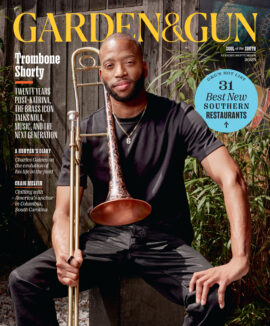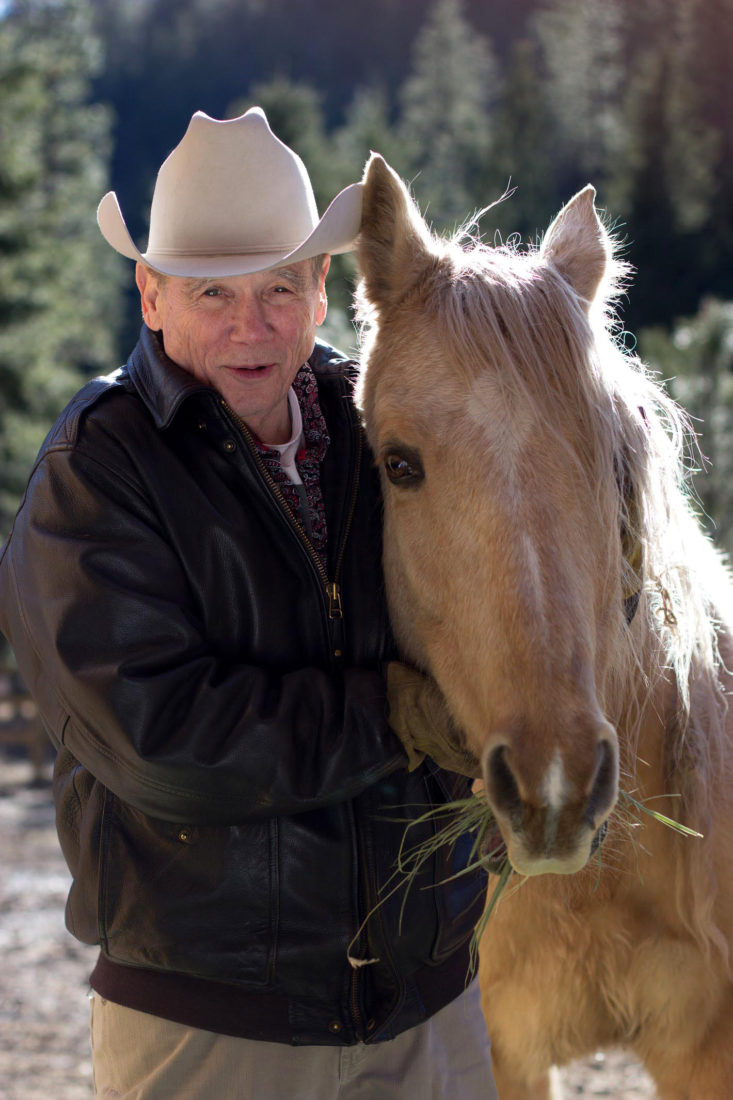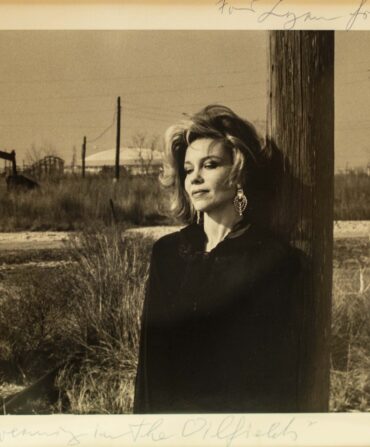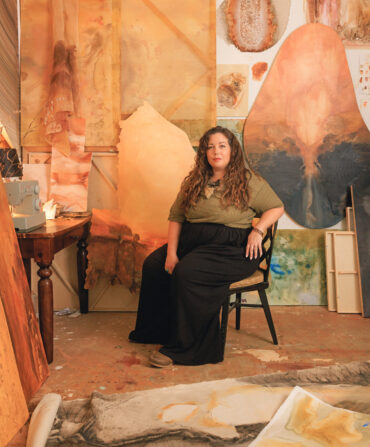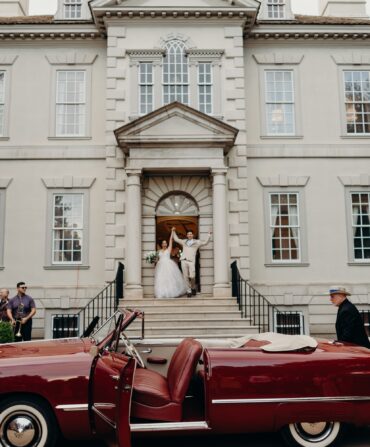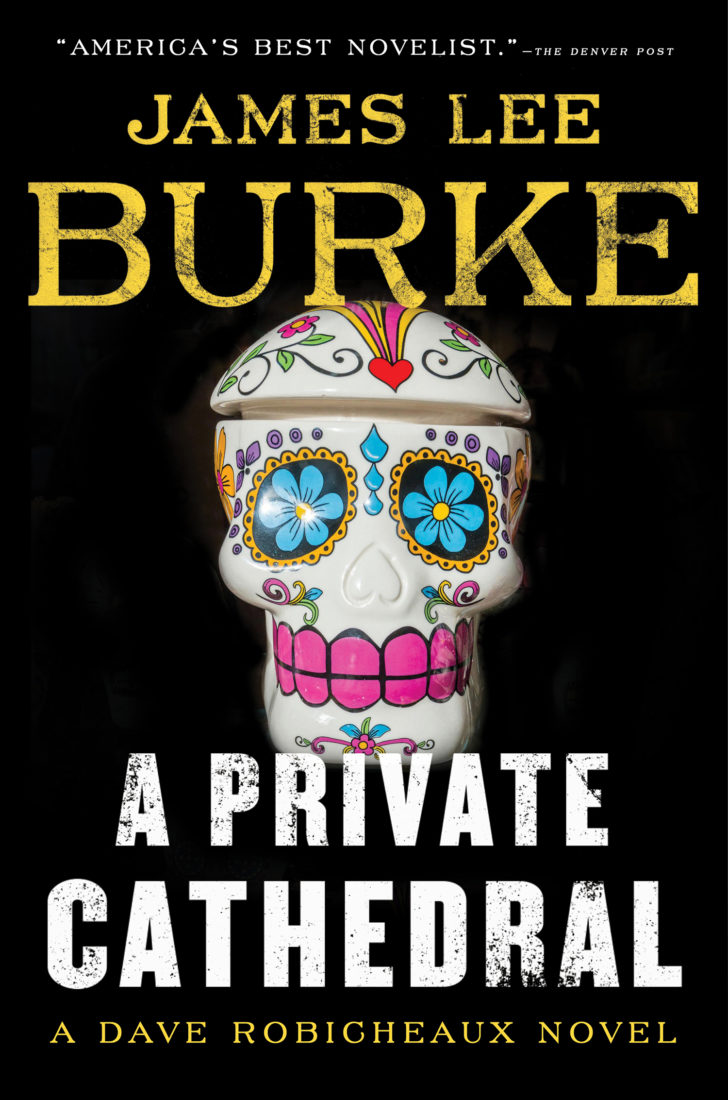
The Texas-born novelist James Lee Burke is eighty-three and still a writing force. This week he released his fortieth book, A Private Cathedral, which, like many of his books, is set in Louisiana. “I can honestly say that I write every day—I write all the time,” he says on a phone call from his home in Montana, not far from Missoula. “I start in the morning, that’s the best time. I keep notebooks on my nightstand because Shakespeare said all power lies in the world of dreams. I do believe the story is in the unconscious, just waiting there.”
I called the author because I wanted to see how he’s doing, and because truthfully, I miss my grandfather. He’s about Burke’s age and lives in Florida, where I haven’t visited since the beginning of the year. I told Burke that I needed some grandfatherly wisdom, and he immediately set me straight. “I don’t have much wisdom and that’s not humility,” he says. “A lot of people believe older people are wise. We’re not. We’ve just lived more life.”
Are you taking care of horses on your ranch?
They allow me to. The horses allow me to comb them out, to water them, to make sure they’re fed. They have a checklist of things for me to do. They’re very demanding and they have high standards. They’re real smart critters.
What’s your daily routine like right now?
Like most people who are our age, my wife and I, we’re in our ninth decade, we are very careful. If we go into a building—and we don’t go into many buildings; this is Montana—we wear masks. We’re fortunate we live on a ranch. I feel for many people, crowded together in the cities, and in other places like Florida where they really have their hands full.
I was born in the first Depression, and we live in a different country now. During the polio epidemic, I spent almost a year in bed as a little boy and diagnosis was not easy back in those days. No one was ever sure what I had, but I know how I felt. We took great precautions, and we feared consequences, not just for ourselves but for others. Growing up, I remember everybody working shoulder to shoulder and making some sacrifices. We took care of one another and we mourned.
I’m thirty-one, and I think a lot of my friends are asking questions about what we want our world to look like. How we think about ourselves and one another, and how we reckon with change, and technology, moving forward.
I hate to admit this, but I’m really getting bad at technology. I’m one of those guys who wants to go back to the Fred Flintstone times, like when we invented the wheel, we should have said, “Ok, shut it down! We’ll work on a wagon in about a million years, otherwise, cool out, guys.” When people start talking about the internet, I hear them talk about the means of delivery, but not the content. I see young people glued to their phones, but I never hear people sharing with one another about the content itself. Nobody says, “Hey man! I’m watching My Darling Clementine, what a great film!” What you hear about is the instrument and I want to hear about the substance.
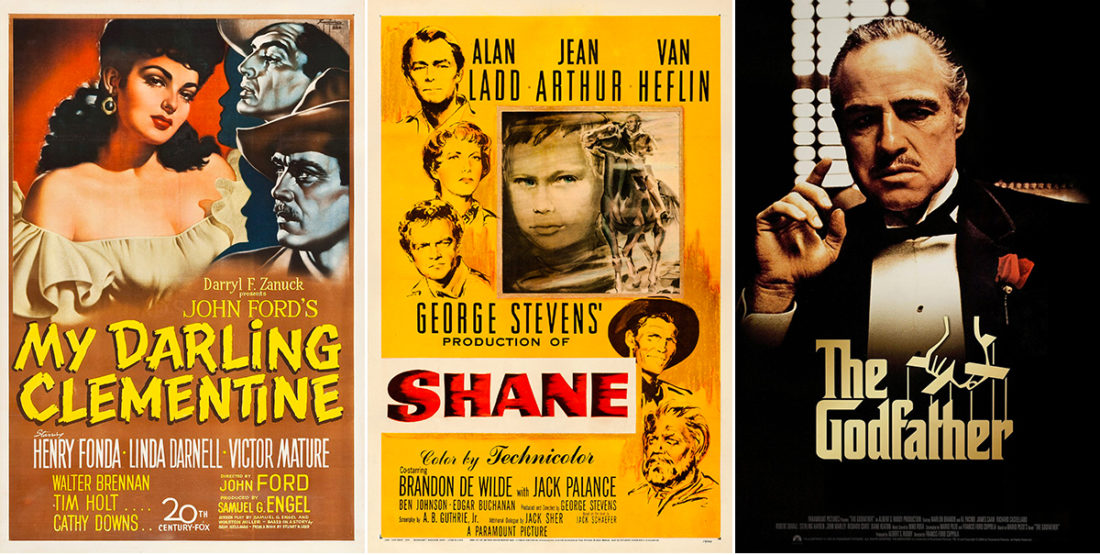
You love movies. What are some of your favorites?
My family, we’re pretty much fixtures like the popcorn machine at our local theater. Anybody who doesn’t like movies has a serious personality disorder, a thinking disorder. Okay, my three favorite films of all time are: My Darling Clementine from 1946, directed by John Ford. Shane, the Western. Oh golly, it’s a beautiful film I’ve watched over and over. You will never get over the last scene of Shane. The first Godfather. I think that’s probably the best film ever made. Any person who wants to write fiction should study that film. It’s a collection of short stories and one scene bleeds into the next. To write, I let movies consume me.
That word consume…what do you think about the idea of consuming versus creating?
The more things you own, the more they own you. I try to get rid of things as often as I can. I love to take things down to the Goodwill just to get them out of my house.
Any good book recommendations?
I read a lot. I recently revisited How the Irish Saved Civilization, which shows how Irish monks in the eighth and ninth centuries copied the classics with ink quills in monasteries. The Irish are a great people, not just fist-fighting and wrecking the pub. Did you ever see the film The Field? It starred Tom Beringer as an American tourist to Ireland. Watch that one.
And I’m writing a lot. I just started another book, the sequel to my novel The Jealous Kind, which is probably one of my three best books.
What’s bringing you joy these days?
I think each day you’re here is a gift. In many ways, we live in a Garden of Eden country. I go back to the great films of the American West, thinking about the great American desert. The desert is really full of life. It’s still there! And I think this generation, the one coming up, they’ve got good attitudes, and I think and hope they’re going to do a good job with the earth.
Earlier you said you’re not wise. But can you share some words of wisdom?
Never address what is wrong with people or their anger or try to control their words. It’s a fool’s errand. Don’t charge into the room and start stepping on people’s toes. Always address what is best in people.

